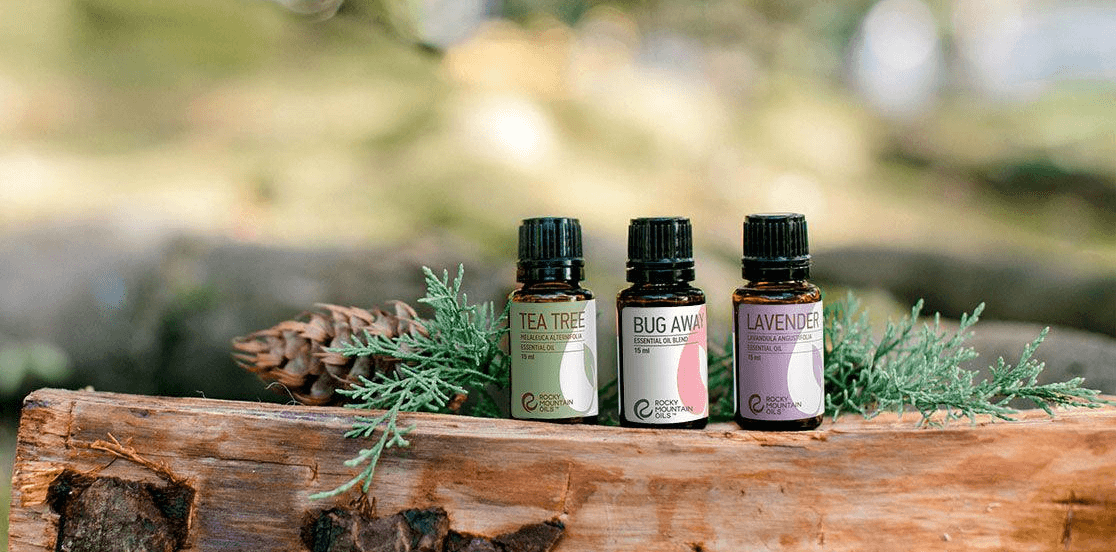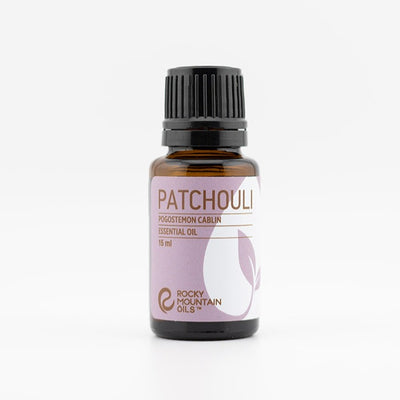Can I Put Essential Oils in My Bath? - A Complete Guide to the 7 Amazing Benefits of Adding Essential Oils
Introduction to Essential Oils in Baths
In our modern, fast-paced world, it's essential to seek moments of tranquility and wellness. The question many ask is, "Can I put essential oils in my bath?" This guide will not only address this query but also delve into the numerous advantages of incorporating essential oils into your bath routine. By doing so, you can potentially transform your bath time into a game-changing experience that benefits both your physical and mental health. This comprehensive guide aims to ensure that your use of essential oils in baths is not only safe but also enjoyable and therapeutic.

Benefits of Essential Oils in Baths
Essential oils, when added to baths, provide a host of benefits. From improving skin health to easing stress and anxiety, the therapeutic properties of these oils enhance the bathing experience. Lavender, for instance, is renowned for its calming effects, making it a popular choice for a stress-relieving soak.
Types of Essential Oils for Baths
There's an essential oil for every need. Whether you're looking to relax, invigorate, or heal, there's an oil that fits the bill. Eucalyptus and peppermint are excellent for rejuvenation, while chamomile and ylang-ylang are perfect for a calming bath.
How to Choose the Right Essential Oil for Your Bath
Selecting the right essential oil depends on your specific needs. For relaxation, lavender or chamomile is ideal. If you're seeking relief from cold symptoms, eucalyptus or tea tree oil can be beneficial.
Safety Considerations When Using Essential Oils in Baths
Safety is paramount when using essential oils in baths. Diluting the oils with a carrier oil or mixing them into bath salts can prevent skin irritation. It's also important to be aware of any allergies or skin sensitivities.

The Art of Mixing Essential Oils for Baths
Creating your blend of essential oils can enhance your bath experience. For instance, a mix of lavender and eucalyptus can offer both relaxation and invigorating properties.
Creating a Relaxing Bath Experience with Essential Oils
Setting the right ambiance is key to a relaxing bath. Dim lights, soft music, and a few drops of your favorite essential oil can create a spa-like atmosphere.
Essential Oils for Skin Health in Baths
Some essential oils, like tea tree and frankincense, are known for their skin-healing properties. They can help with conditions like acne or dry skin when added to baths.
Aromatic Benefits of Essential Oils in Baths
The aromas of essential oils can have a profound impact on our mood and stress levels. Scents like rose or jasmine can uplift your spirits, while sandalwood or patchouli can ground and calm you.
Essential Oils for Muscle Relaxation in Baths
For those with muscle aches, oils like marjoram or ginger can be added to baths for their pain-relieving and anti-inflammatory properties.
Dos and Don'ts: Essential Oils in Baths
It's important to do your research and follow guidelines when using essential oils in baths. Never use undiluted oils directly in the bath, and avoid oils that can irritate the skin.
DIY Essential Oil Bath Recipes
You can create your bath blends. A simple recipe might include Epsom salts mixed with lavender and chamomile oils for a soothing, sleep-inducing bath.

What essential oils are safe for bathing?
Many essential oils can be safe for bathing when used properly, but it's crucial to dilute them in a carrier oil or an unscented bath product before adding them to bathwater to prevent skin irritation. Some generally safe options include lavender, chamomile, rose, and eucalyptus essential oils.
However, individual sensitivities vary, so it's essential to perform a patch test and consult with a healthcare professional if you have any concerns or underlying health conditions. Always follow recommended dilution ratios and usage guidelines to ensure a safe and enjoyable bathing experience.
Is it safe to put essential oils on your skin?
Essential oils can be applied to the skin, but they must be properly diluted in a carrier oil to avoid skin irritation or sensitization. The typical dilution ratio is around 1-3% essential oil to carrier oil, although it can vary depending on the specific oil and individual skin sensitivity.
It's essential to do a patch test on a small area of skin to check for any adverse reactions before applying them more broadly. Some essential oils are photosensitive and can increase the skin's sensitivity to sunlight, so you should avoid direct sun exposure after applying them.
In general, it's advisable to consult with a qualified aromatherapist or healthcare professional for guidance on the safe and appropriate use of essential oils on the skin.
Is it OK to use essential oils every day?
Using essential oils every day can be safe and beneficial for some people when done in moderation and with proper dilution. However, it's important to consider individual sensitivities and needs. Some essential oils, when used excessively or undiluted, can lead to skin irritation or other adverse reactions.
It's recommended to vary the oils you use and not rely on the same one every day to minimize the risk of sensitization. Also, it's essential to follow recommended dilution guidelines and use them in a well-ventilated space to prevent overexposure. If you have underlying health conditions or concerns, it's advisable to consult with a qualified aromatherapist or healthcare professional to ensure the safe and appropriate daily use of essential oils.
FAQ Section
Is it safe to put essential oils directly in my bath?
Essential oils should be mixed with a carrier oil or bath product to avoid skin irritation. Directly adding essential oils to water can cause them to sit on the surface, potentially leading to skin sensitivity.
How many drops of essential oil should I use in my bath?
Generally, 5-10 drops of essential oil, diluted in a carrier oil or mixed with bath salts, are sufficient. However, it's important to consider the oil's potency and your skin sensitivity.
Can essential oils in baths help with sleep?
Yes, certain essential oils like lavender and chamomile are known for their sleep-inducing properties and can be a relaxing addition to a nighttime bath.
Are there any essential oils that should be avoided in baths?
Some oils, like cinnamon or clove, can be irritating to the skin and are best avoided in baths. Always research and patch-test oils before use.
Can I use essential oils in a bath during pregnancy?
Some essential oils are safe during pregnancy, but it's crucial to consult with a healthcare provider first as certain oils can be harmful.
Do essential oils in baths have therapeutic benefits?
Yes, many essential oils offer therapeutic benefits, including stress relief, muscle relaxation, and improved skin health.
Conclusion: Embracing Essential Oils in Your Bath Routine
Incorporating essential oils into your bath can elevate a simple routine into a luxurious, health-promoting ritual. By understanding the types of oils, their benefits, and safe usage practices, you can harness the power of these natural wonders to enhance your overall well-being.





